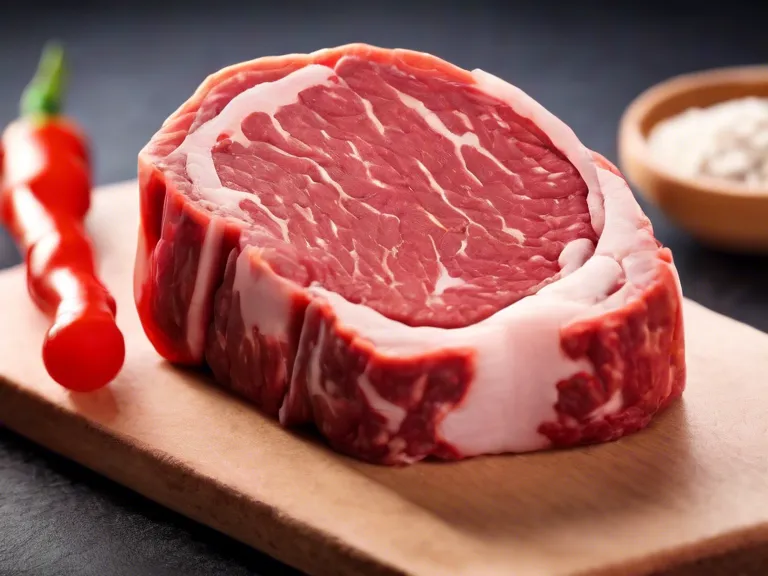
Explore the rise of lab-grown meat as an innovative food technology that offers a sustainable and ethical alternative to conventional meat production. Learn about the benefits, challenges, and potential of cultured meat in reshaping the future of the food industry.
The Rise of Lab-Grown Meat: Exploring Innovative Food Technologies
With the rise of ethical concerns surrounding traditional meat production and its environmental impact, lab-grown meat has emerged as a promising alternative. This innovative technology, also known as cultured meat, involves growing animal cells in a lab setting to create meat products without the need for raising and slaughtering animals. In this article, we will explore the development of lab-grown meat, its potential benefits, and challenges it faces in achieving widespread adoption.
Lab-grown meat offers several advantages over conventional meat production. It has the potential to reduce the environmental footprint of the food industry by requiring less land, water, and energy compared to traditional farming methods. Additionally, lab-grown meat has the potential to address ethical concerns related to animal welfare by eliminating the need for raising animals for food. Furthermore, this technology could help mitigate the risks associated with zoonotic diseases, such as the recent outbreaks of COVID-19 and avian flu, by reducing the reliance on animal agriculture.
Despite these potential benefits, lab-grown meat still faces several challenges. The high cost of production, regulatory hurdles, and consumer acceptance are key barriers to the widespread adoption of this technology. However, ongoing research and development efforts are focused on overcoming these challenges and making lab-grown meat more accessible to consumers.
As the demand for sustainable and ethical food options continues to grow, lab-grown meat presents a promising solution to meet these needs. By harnessing innovative food technologies, such as cellular agriculture, we can revolutionize the way we produce and consume meat while addressing pressing environmental and ethical concerns.



